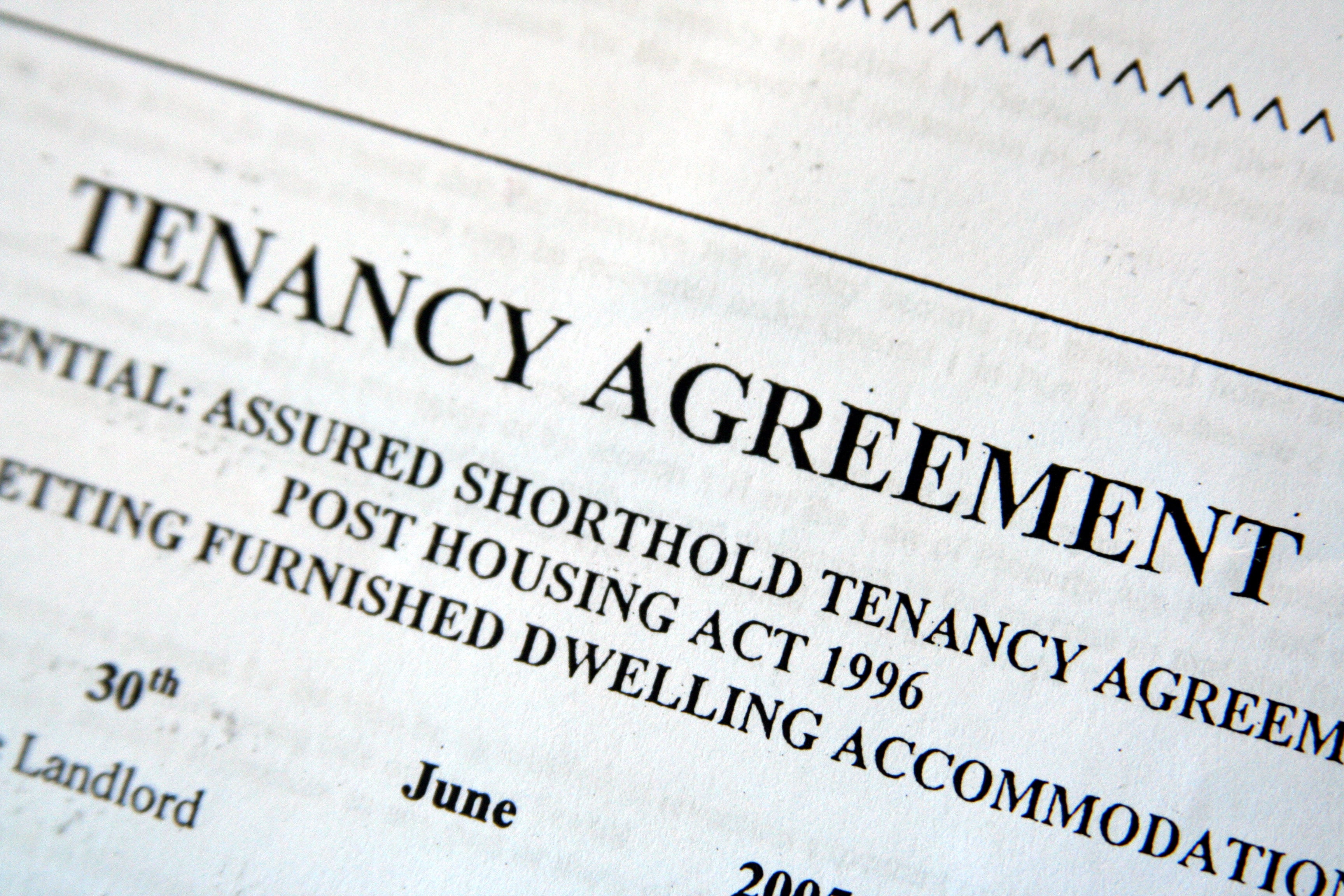Portland, OR is one of the famous cities in the rental market because of its growing population. We can see a large number of people moving into the city although homes here are hard to find. Mostly, young workers move here to find better jobs and cultural opportunities. In general, the city is growing fast, offering its residents a better quality of life.
Due to this, many property owners are lining up to buy property investments in Portland, OR to rent them out. Making passive income is indeed great, but writing up a lease is another thing when you add up the leasing laws of the state that you have to follow as a landlord. In this article, we are going to tackle everything about lease agreements and a guideline on how to write them.
Lease Agreement at a Glance and Why it Is Important
A lease is an agreement that you create when somebody wants to rent your property. Usually, there are two types of leases that property owners can have. The first one is the lease agreement. This type lasts for six months to a year and you have to set the rules for it. Tenants can then renew their lease for another period once the lease term is over. The other type of lease agreement is called a “month-to month” which usually lasts for 30 days. Every month, the tenant can decide to stay or move out.
The most important document that ties you and your renters together legally is the lease. It spells out the rules that a renter must follow if they want to rent your home for a set amount of time. This written deal is for more than just your tenants, though. You have to follow the rules of the deal as the owner.
A Step-by-Step Process for Crafting a Lease Agreement for Portland, OR Landlords
As an owner, your lease agreement is the most important thing you have for your property. You need to make a lease agreement because it spells out what you and your renters are responsible for. You can think of it as your guide for dealing with renters, so make sure it's very specific so you can refer to it at any time that you need to.
Step 1. Check out the rules in your state about landlords and tenants.
Leasing laws can be different across the country. These laws govern things like rent clauses, term renewals, and the eviction process of the tenants. Due to this, you must look over the rules in your state to make sure you are still following them.
Some of the rules that you have to check out and comply with are the following:
Information that landlords are expected to disclose in Portland, OR.
Limits on Oregon Security Deposits and Return
Fees that Oregon landlords can charge to their tenants
Oregon Statewide Rent Control Law that limits the amount of rent increase
Local Leasing Laws and Ordinances in Portland, OR for Landlords and Tenants
Step 2. Lay down all the information and things included when renting your property.
Everyone should be able to read and understand a lease agreement that is well-organized and easy to understand. It should also address federal and state leasing laws. Start with a plan to make sure your writing is clear and easy to read. Headers and subheadings should be used for each part of your leasing clauses.
Leasing law dictates you include certain info. Some of the information that you need to include is:
The contact details of the owners and the tenant, including the address and/or P.O. Box, contact numbers, and email address)
The details of your property, such as its type, the damages or defects existing in your rental property, and the appliances, fixtures, and furniture included in it. You also have to include the homeowners' association if there is one available.
The utilities and services included in your lease, such as water, electricity, natural gas, HVAC, trash removal or sewer, and even snow removal and cable and/or internet, if included.
Step 3. Make sure that you clearly define your lease terms.
Explaining clearly and particularly your leasing rules and terms for your rental property in Portland, OR is crucial to establishing an ironclad leasing agreement that follows leasing law. If you're not familiar with which one to include, here are a few essential details that you need to cover:
Monthly rent amount and due date
Penalties and late fees, including late utility payments
Any additional or service fees, including amenities
Mandatory renters insurance, if applicable
In addition to this, you also have to discuss the policies regarding guests, property keys, modification, safety, smoking, and storage in your lease. You also have to include rules and regulations about raising pets and subletting.
Last but not least, make sure to explain clearly the rules for eviction and termination of their leasing agreements.
Step 4. Describe fully the duties and responsibilities of the owners and tenants.
You and your tenant agree to follow the terms and conditions written in the lease when you both sign it. To keep things clear, you should be very clear about those duties.
Step 5. Clearly state your preferred payment methods.
Currently, owners have a lot of options for how to collect rent from their renters. Take time to discuss them with your tenants to know which payment method is the best for both of you.
To give you some ideas, here are the most common payment methods that landlords in Portland, OR consider using:
ACH debit payments
Cash
Direct bank electronic transfer
Drop box payments
Mail check
Mobile payment apps
Online payments portal or services
Via the property manager
Step 6. Provide information about the governing laws you followed when creating your leasing agreement.
It is important to include the state and federal laws that apply to the lease agreement to make it legal. Don't forget to tell your tenants the laws you followed when making the lease. Citing any local and state laws is crucial in this part.
Step 7. Place an area for signatures.
When the lease agreement has all the important information put down, you should include a spot for you and the applicant to sign it. Remember to add the date as well. Per federal leasing law, the agreement won’t be valid without these marks.
Crafting your leasing agreements through the law helps you to achieve more tailored property management for your rental business. It will also give you a better way of handling your properties. However, it might also leave some problems open since legally binding leases need to include certain details. If you write your leasing agreement without the help of a lawyer or an expert, you might miss important terms or leasing laws.
At times like this, feel free to contact or book a meeting with Kerr Properties, Inc. as we offer various property management services to help you in drafting your lease agreement. We also offer other property management services.


